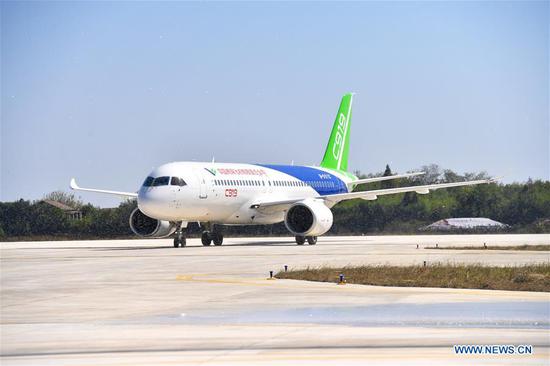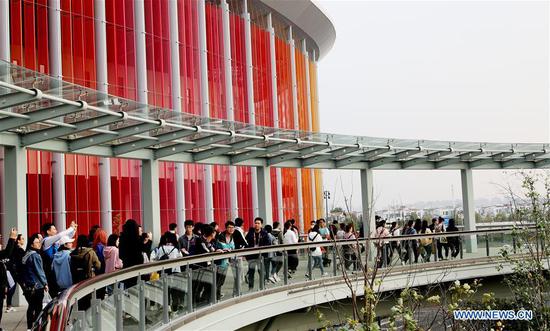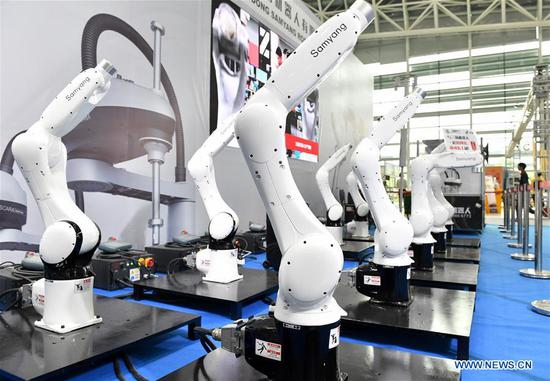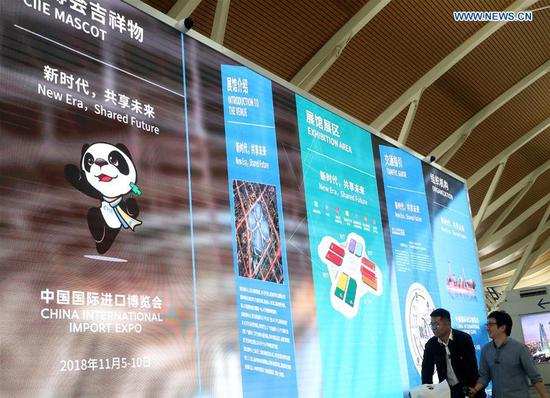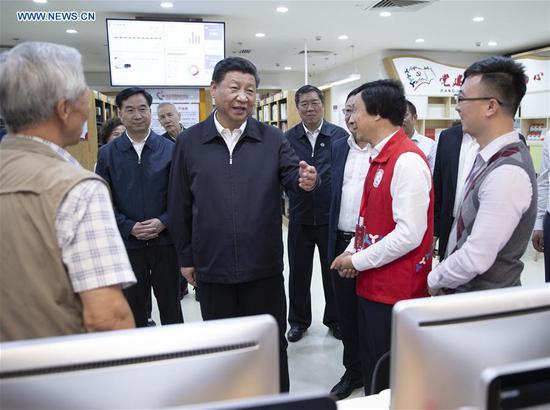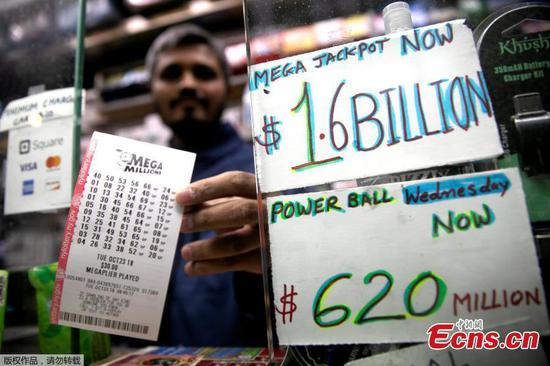Zhu Dan, general manager of the Japan-South Korea sales and marketing center of JD Mall, the online marketplace of JD, said sales of Japanese products on the platform are estimated to double within a year.
Liu Qiangdong, founder and CEO of JD, said heightened popularity of Japanese products on e-commerce platforms reflects changing consumption patterns in China.
Moreover, as household incomes increase, a growing number of Chinese consumers are attaching great importance to brands, quality and product safety.
In May 2016, JD began cross-border e-commerce operations targeting Chinese consumers in cooperation with an affiliate of Japanese delivery firm Yamato Holdings Co Ltd. In addition, it signed an agreement with Mitsubishi Chemical Corporation in June 2017 to adopt the latter's plant factory system and technological tie-ups in the areas of vegetable cultivation and hygiene control.
To further develop its business in Japan, JD began striving to increase the number of Japanese products delivered to Chinese consumers. It also started to further bolster its online shopping sales by investing in Japanese small and medium-sized enterprises.
Official data showed bilateral trade between China and Japan rose to $300 billion in 2017 from $236 billion in 2007. Japanese investment in China rebounded at a faster pace, and Chinese investment in new economic models in Japan such as cross-border e-commerce, mobile payment, and sharing economy is also increasing.
The number of mainland tourists visiting Japan in 2017 reached 7.3 million, up 15 percent year-on-year.
In the field of mobile payments, Chinese players are accelerating efforts for cooperation with Japanese partners to build a cashless environment for tourists.













